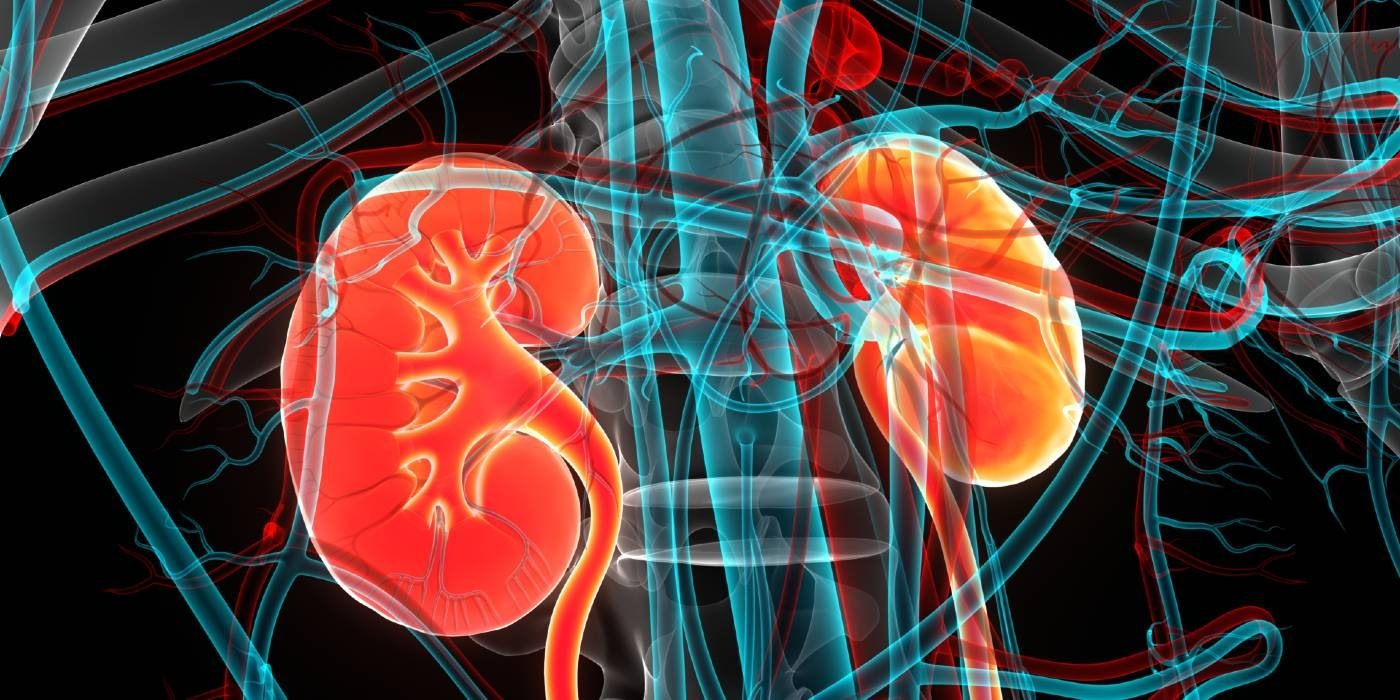
Renal and metabolic
The George Institute’s Renal and Metabolic Program is tackling the challenge of kidney disease head-on. Our research identifies better treatments and how current care impacts people with kidney disease, aiming to improve their quality and quantity of life.
We've made real progress in treating kidney disease, but there's still no cure. This drives us to push the boundaries of research through innovative trial designs, working closely with communities, and teaming up with leading experts.
statistics on renal and Metabolic
US$220Billion
global annual cost of chronic kidney disease
13.3million
people experience acute kidney injury each year
10%
OF the world’s population is affected by chronic kidney disease
73%
cannot afford kidney failure treatment
90%
with early stage kidney diseases are unaware
Better care, Increased quality of life
Our research is helping people live longer, healthier lives by reducing the impact of kidney disease. We aim to transform kidney health and improve the well-being of everyone at risk for or living with this disease.
In order to develop treatments that reduce the need for dialysis and improve lives, we also need to understand the existing barriers in our current models of care. Our research program is not just involved in the identification of treatments through clinical trials, we also advocate locally and globally to implement these outcomes.








